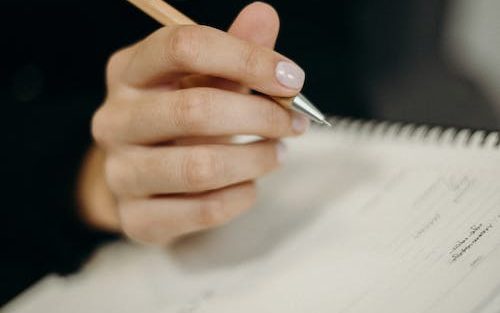
Suzette is back with a third instalment of study tips to get you through your graduate studies. The most important thing to remember about note taking is that you are taking notes for yourself (and not anyone else). Make the page your own, and write things down the way you would best remember them!
General note taking
- Be sure to write things down in your own words. Don’t be afraid to draw, doodle, or move things around.
- Write phrases, not full sentences.
- Structure your notes by using dates, headings, subheadings.
- Using colour is fun and helps you navigate your notes quicker when you read them back.
- Write things down in your own words; try to summarise an article or lecture
Active reading
- Active reading an article: Write at the top of your notes ‘this article is about/argues/hypothesises…’ and force yourself to write down what you have understood about the article when you were scanning. After that, take notes while you are reading.
- Per paragraph, write down the main argument and underneath that bullet points with supporting statements.
- Note your own responses to the arguments (if you have any). Be sure to make clear that these are your thoughts and not the authors’ (because it may be confusing when you read your notes later).
- Consider writing down relevant quotes. Always note the page numbers!
You can try the Cornell method. This method uses three columns: Notes, Cues and Summary. Read more about it on the CJBS libguides website.
Software recommendations: Notion, Evernote, Word/Pages
See also: https://libguides.cam.ac.uk/cjbsdatabases/notetaking

